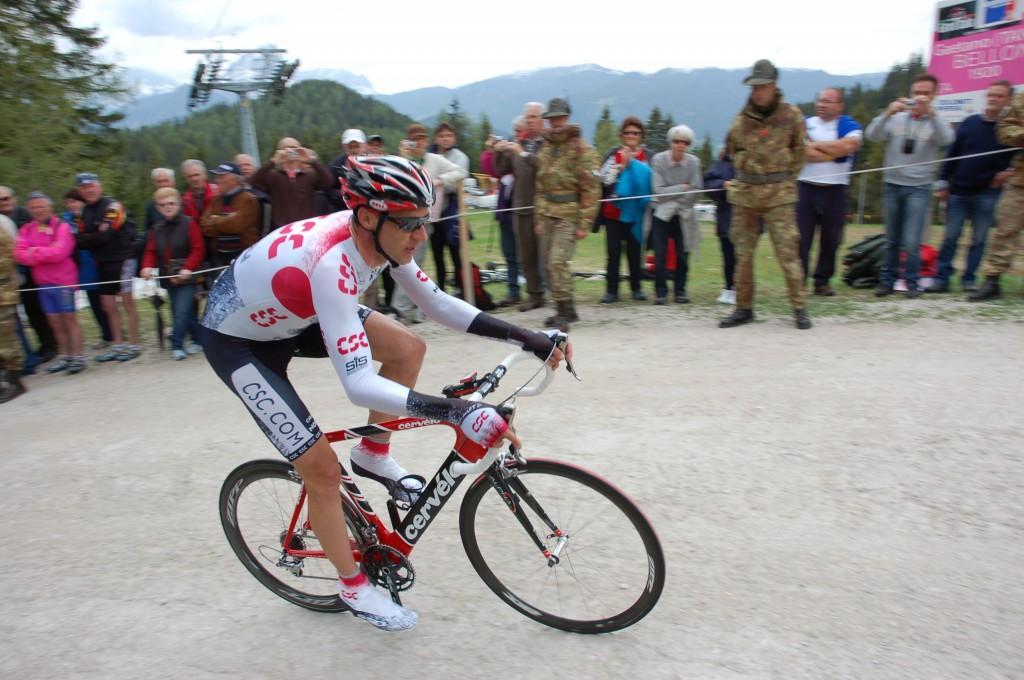PROFESSIONALISM
Professionalism is on of those things that is hard to explain. We admire people that are really professional. And many folks would probably think of themselves as being highly professional. Yet, many people are frustrated when it comes to their careers. They are either not getting promoted or they feel that their accomplishments are not being honored by their colleagues. Instead of complaining, I suggest that we all look in the mirror and ask ourselves an important question: Are we really demonstrating true professionalism?
THE RISING STAR
The other day I saw an interview with one of the rising soccer stars in Germany. This 21 year-old ‘kid’ was asked about his plans for 2012. Let me tell you, I was blown away by his response. First, he presented his progress in 2011. He was very specific. Then he proceeded to discuss some of the gaps he was looking to fill. And he finished by providing a quick overview of his planned activities for closing his perceived gaps. That raised a question: How many of us would be prepared to do the same?
5 THING TO LEARN
To compete at the highest levels in sports, you really need to demonstrate professionalism. Talent alone is not enough. It will get you to the 96% level but not any further. To be successful, athletes make huge sacrifices and investments. Having had the opportunity to work with a few professional cycling & running coaches in the past, I pulled together a short list of things professional athletes do. Take a look and ask yourself how you rate in each one of these items:
Continuous improvement: Athletes cannot afford to stagnate or to stand still. The competition is intense. They are extremely focused on continuously improving their skills. Day after day, week after week. These guys set themselves challenging & objective goals and they go after them with a club. Ask yourself: Are you really working on improving your skills, or are you just getting work done. It is worth taking a moment and reflecting on where and how we have improved. How can we make sure that we stay competitive? Set some ambitious developmental goals and work on those every day.
Discipline & Sacrifice: Athletes are extremely disciplined. They focus on their goals like there is no tomorrow. Training at a high level can be extremely painful sometimes. If achieving the individual training goals requires riding a bike in freezing rain for six hours, they will do it. There is no partying on the day before an important competition. Ask yourself: Am I really disciplined at work or do I choose the ‘let’s wing it approach’? Am I prepared to do whatever it takes to reach my personal goals and the goals of my company? Review some situations where a more disciplined approach could have improved your performance. Work on your discipline.

Coaching: Professional athletes work with coaches. Coaches help us identify strengths and weaknesses. They help us develop improvement plans. And they provide feedback which we can use to increase our performance. Ask yourself: Have you actively solicited feedback from your manager, spouse, friends? Who could act as your coach? At a minimum, plan to take some time to review your performance once in a while.
Innovation: Athletes typically have the latest and greatest material. Whether it is a super-light carbon bike or a stiff ski, athletes know how to use innovation to their advantage. They probe, they test and they demand the best. And it is not just about materials. There are also training methods. Lance Armstrong always pulled together a team of experts from different disciplines to craft new training methods. They pushed the envelope. Ask yourself: Are you trying to push the envelope or are you set in your ways? Are you actively trying to educate yourself in the latest and greatest materials for your job? Develop a healthy level of curiosity. Take some risks. Try something new. Adopt new technology. And keep an open mind.
Rest Periods: Athletes know that they can’t run one marathon after another. Our capacity is limited, unfortunately. Rest periods allow our bodies to replenish resources and to heal. Athletes therefore schedule frequent rest. During these times, they let go (think: less discipline), they relax and they step back from their demanding jobs. Soccer players stop chasing a ball, cyclists put their bike in the garage, etc.. Many people are afraid that rest will set them back. But as a matter of fact, we typically return in much better form. So, take a good look at your schedule. Are you engaged in a never-ending race? Schedule active rest periods (vacation, etc..) and don’t feel guilty about it. Plan on doing something completely different and leave your Blackberry at home.
IMPROVING
Implementing a few of these things can make a huge difference. If you want to learn more about professionalism, I highly recommend David Maister’s classic book True Professionalism. This makes for great reading over the holidays!

Comments
One response to “Professionalism – 5 Things We Can Learn From Athletes”